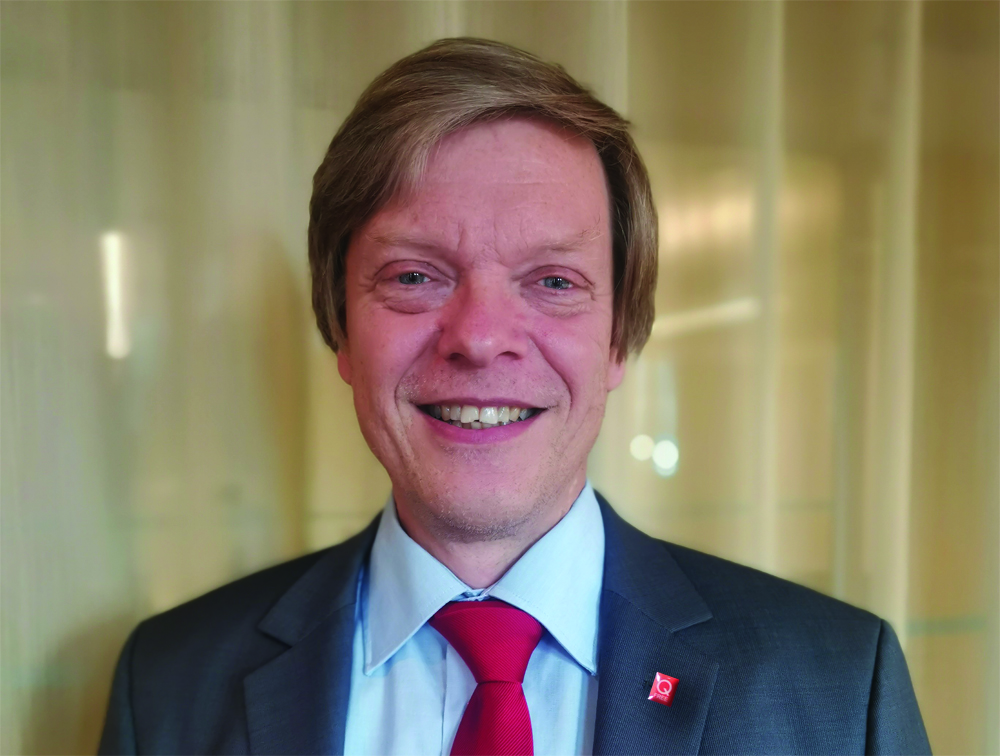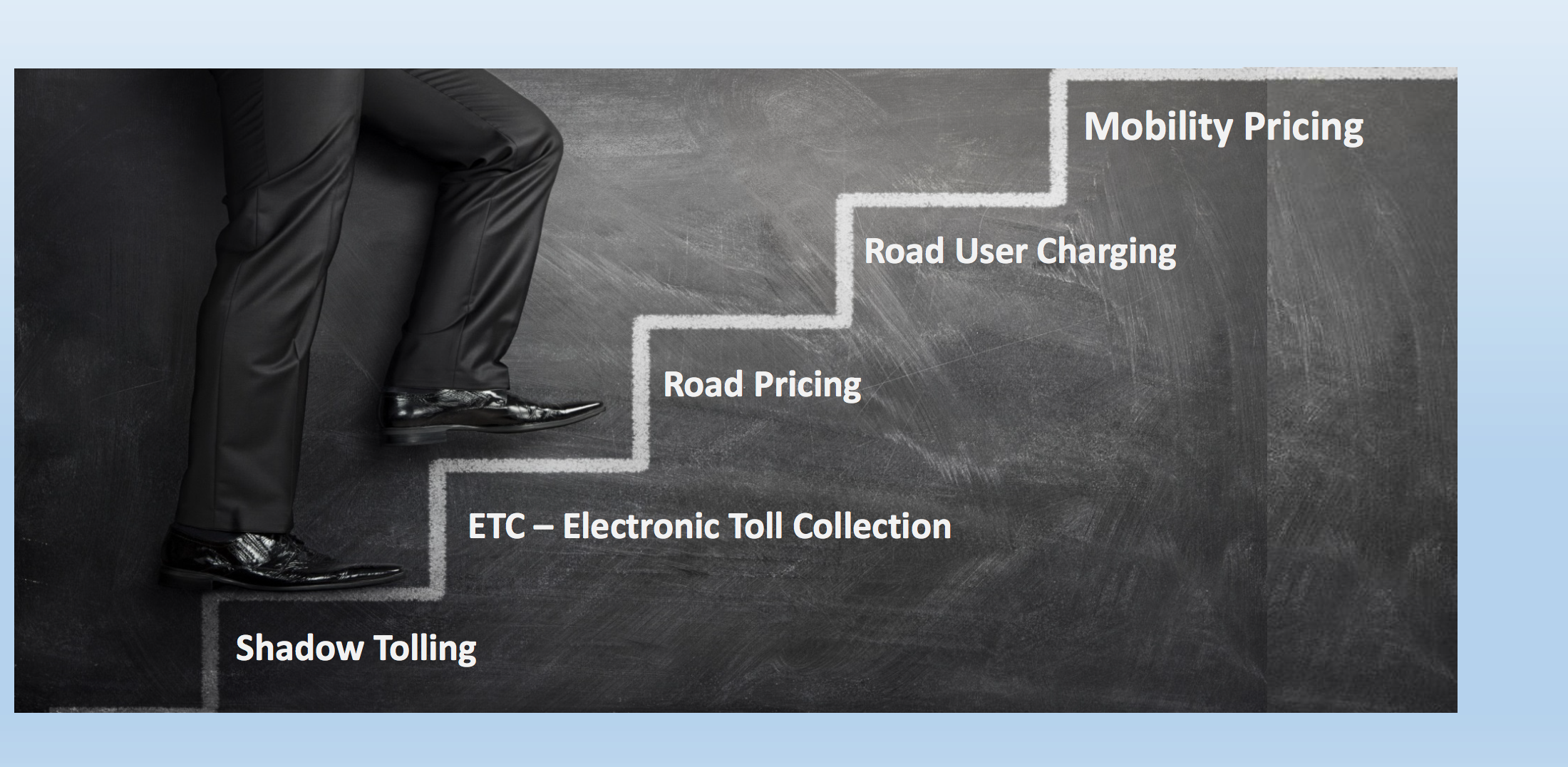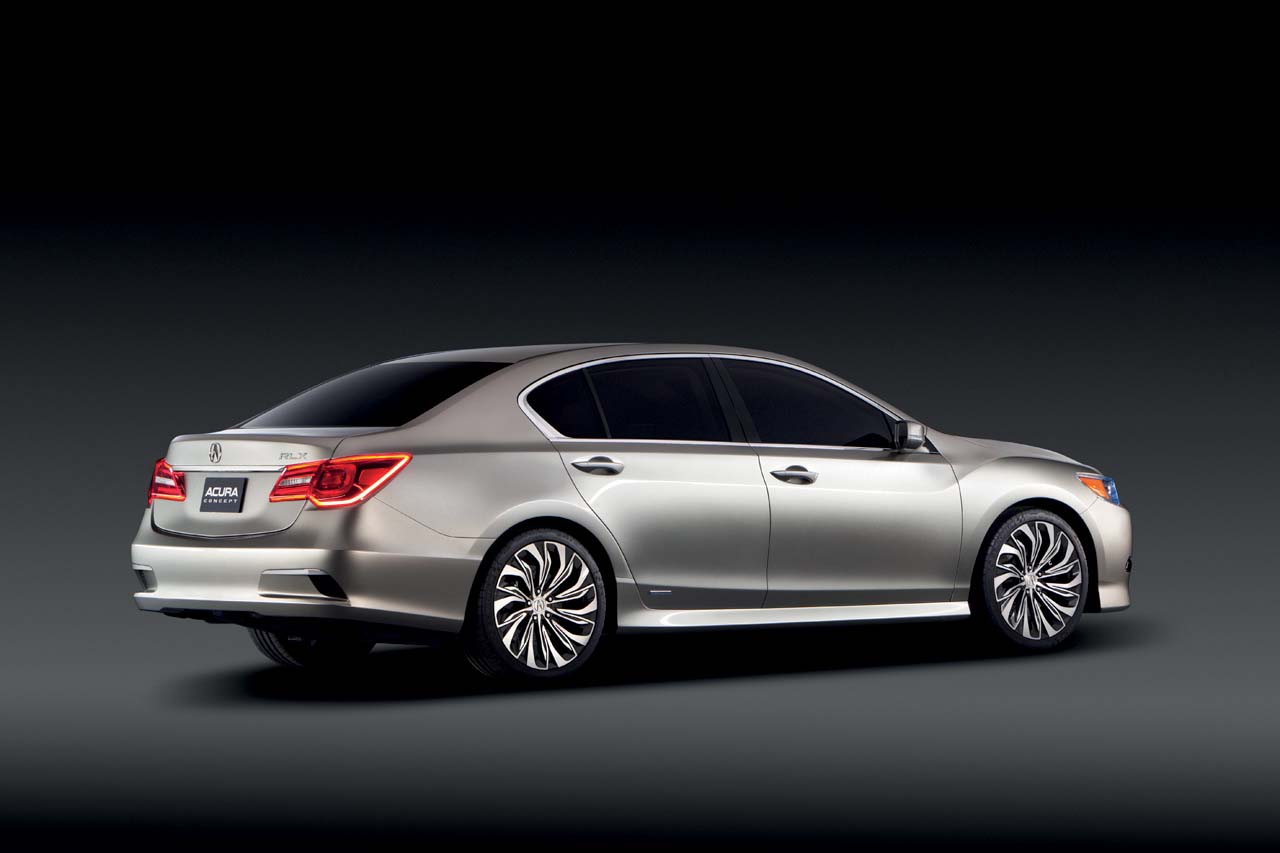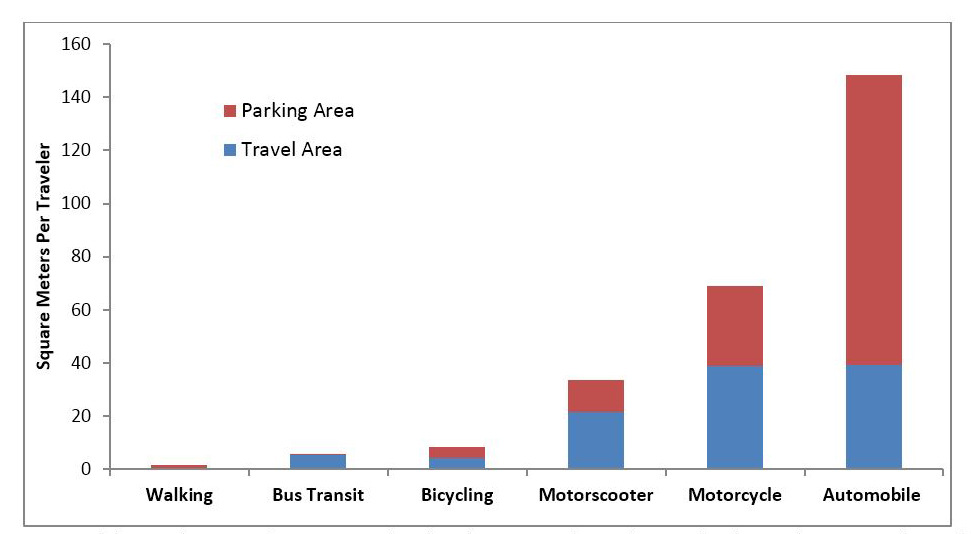
Lykkja says the future of mobility lies in equitable user fees. “Mobility has a value and we should all contribute to help offset the societal burden we cause by putting our cars on the street,” he said. “That burden includes traffic congestion, accidents, air and noise pollution. We’re operating the pilot in Norway but we believe it will have implications around the world.”
Conceived by Q-Free, the pilot is run in close collaboration with the Norwegian Public Roads Administration (NPRA) and non-profit research organisation, SINTEF. For the three months of the study, 200 drivers will travel around Norway with Q-Free technology on board. That technology will assign user fees based on distance travelled, location and traffic volumes.
In addition to assessing the viability of user fees, the project will address privacy and the protection of location and time data generated by test vehicles, and Q-Free hopes one of the principal outcomes will be in driving sustainability. “This is a significant step on the path to smarter mobility in urban areas,” said Lykkja. “It applies to electric vehicles and new mobility modes as well as conventional fuel vehicles. With congestion and pollution pricing as cornerstone considerations, we hope to make a difference in how people perceive the future of mobility.”























